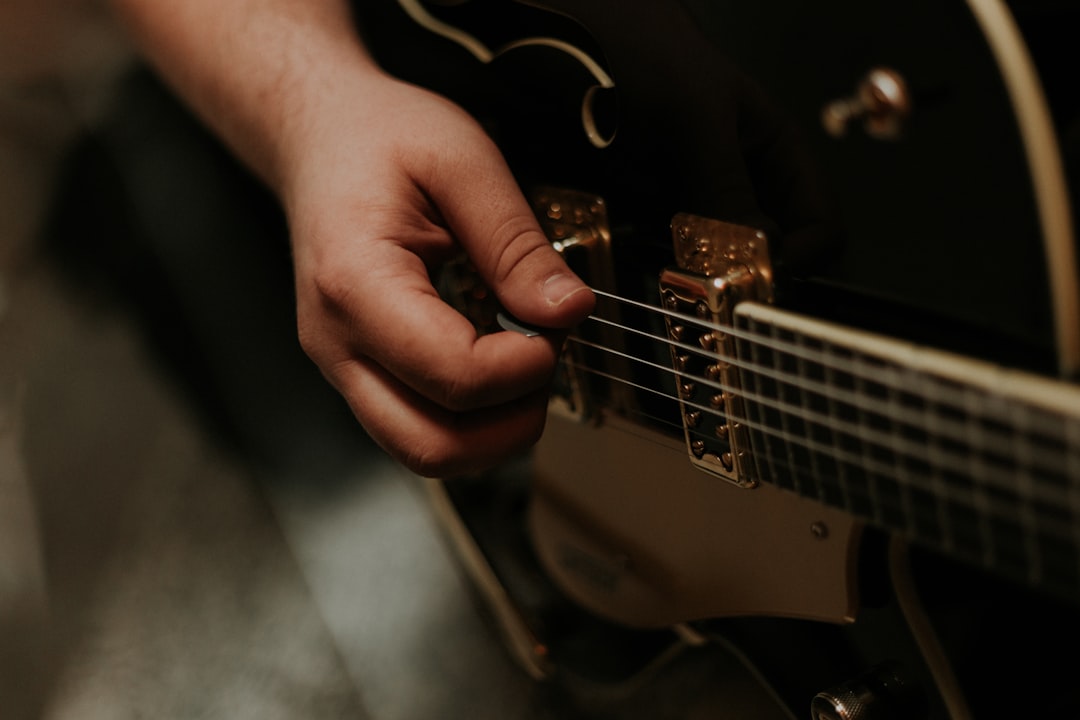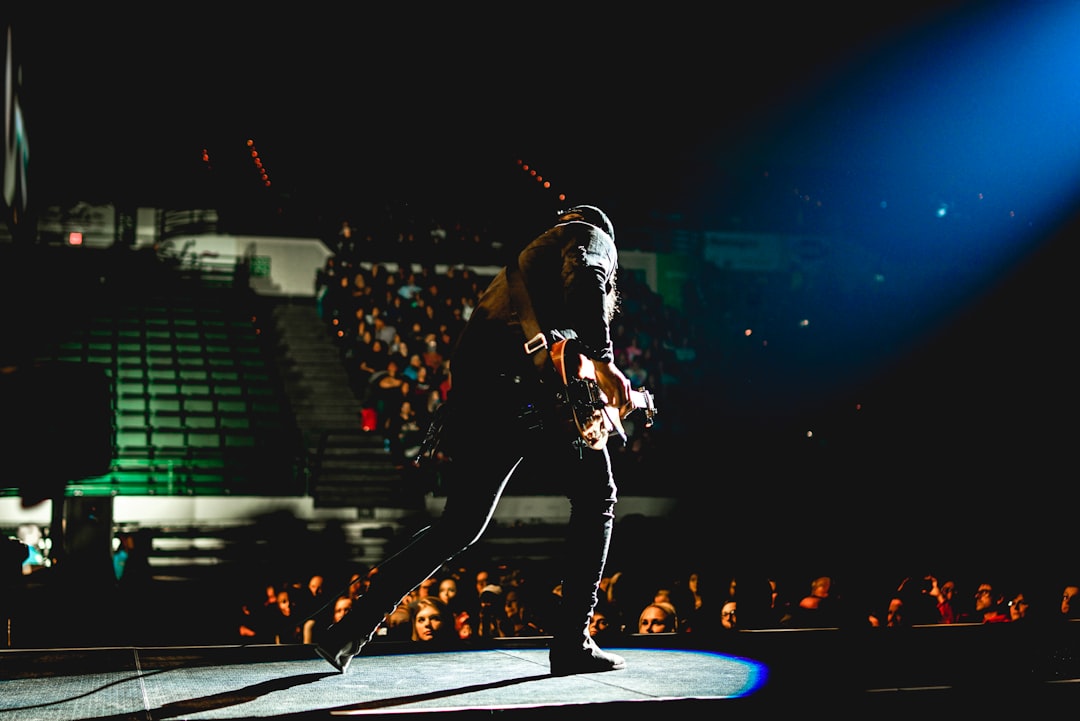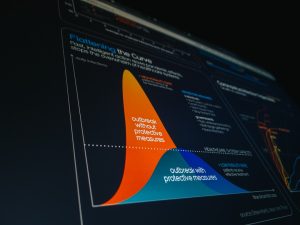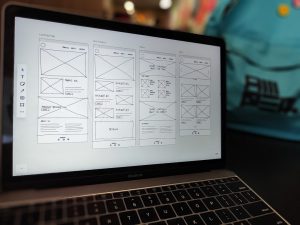
Learning to play the guitar is a journey filled with passion, discipline, and a fair share of frustration. Whether you’re dreaming of strumming your favorite songs by the campfire or shredding solos in a rock band, you’ve probably asked yourself: How long will it take to get good at the guitar? The answer depends on several factors including your goals, commitment, and the time you can dedicate each week. Understanding realistic timeframes can help you stay motivated and set achievable milestones.
The Beginner Phase: 0–6 Months
This is the stage where most guitarists either fall in love with the instrument or decide it’s not for them. During the first six months, you’ll be focusing on:
- Building finger strength and dexterity
- Learning basic chords (A, C, D, E, G, etc.)
- Practicing smooth chord transitions
- Understanding fundamental strumming patterns
If you’re practicing consistently for about 30 minutes to an hour a day, 5 days a week, you can expect to play simple songs by the end of this phase. Popular three-chord songs like “Horse with No Name” or “Knockin’ on Heaven’s Door” will be within reach.

The Intermediate Jump: 6–18 Months
This is where things start to get exciting. You’re not just mimicking chords—you understand them. You’ll start to develop muscle memory and better technique. During this period, you’ll be working on:
- Barre chords and power chords
- Scales and basic improvisation
- More complex strumming techniques like fingerpicking or palm muting
- Playing along with backing tracks or a metronome
At this point, you should be able to play entire songs smoothly and perhaps begin crafting your own. Playing in a band or jamming with friends becomes a realistic possibility by the latter half of this phase.
The Proficient Plateau: 18–36 Months
Once you’ve been consistently playing for 1.5 to 3 years, you’re entering a plateau where your skills are solid, but future improvements become subtler and more nuanced. Key areas of growth include:
- Advanced scales and soloing techniques
- Music theory concepts like modes and intervals
- Songwriting and composition
- Fretboard navigation and more complex chord voicings
In this timeframe, you’re transitioning from an intermediate player to an advanced or proficient guitarist. You may begin to emulate the stylings of your guitar heroes or even develop your own unique style.

Variables That Affect Learning Speed
Not everyone learns at the same pace. Here are several variables that can influence how quickly you become proficient:
- Practice Consistency: Short, regular sessions are often more effective than occasional long ones.
- Instruction Quality: Good teachers or courses can dramatically shorten the learning curve.
- Musical Background: Previous experience with music or other instruments provides a valuable head start.
- Learning Style: Visual learners might benefit from video lessons, while others prefer reading tablature or standard notation.
Setting Your Guitar Goals
Before you get overwhelmed thinking you need to become a virtuoso, it’s essential to define what “proficient” means to you. Do you want to:
- Strum a few campfire songs? You might get there in 3–6 months.
- Play in a cover band or jam sessions? Expect 1–2 years.
- Write your own music and improvise solos fluently? Plan for 2–3 years and beyond.
Having clear, personal goals can make your learning experience more focused and rewarding.
Tips to Accelerate Your Progress
- Practice Daily: Even 15 minutes every day is more beneficial than infrequent long sessions.
- Record Yourself: Track your progress and identify areas that need improvement.
- Play With Others: Jamming accelerates skill development and keeps the experience fun.
- Stay Curious: Explore different genres, techniques, and tools to expand your abilities.
Final Thoughts
Learning the guitar is a rewarding experience that pays off with dedication and patience. While there’s no one-size-fits-all timeframe, most people can expect to become proficient within 1 to 3 years with regular practice. Remember, the journey is as important as the destination. Enjoy each chord you learn, and don’t forget why you picked up the guitar in the first place!







